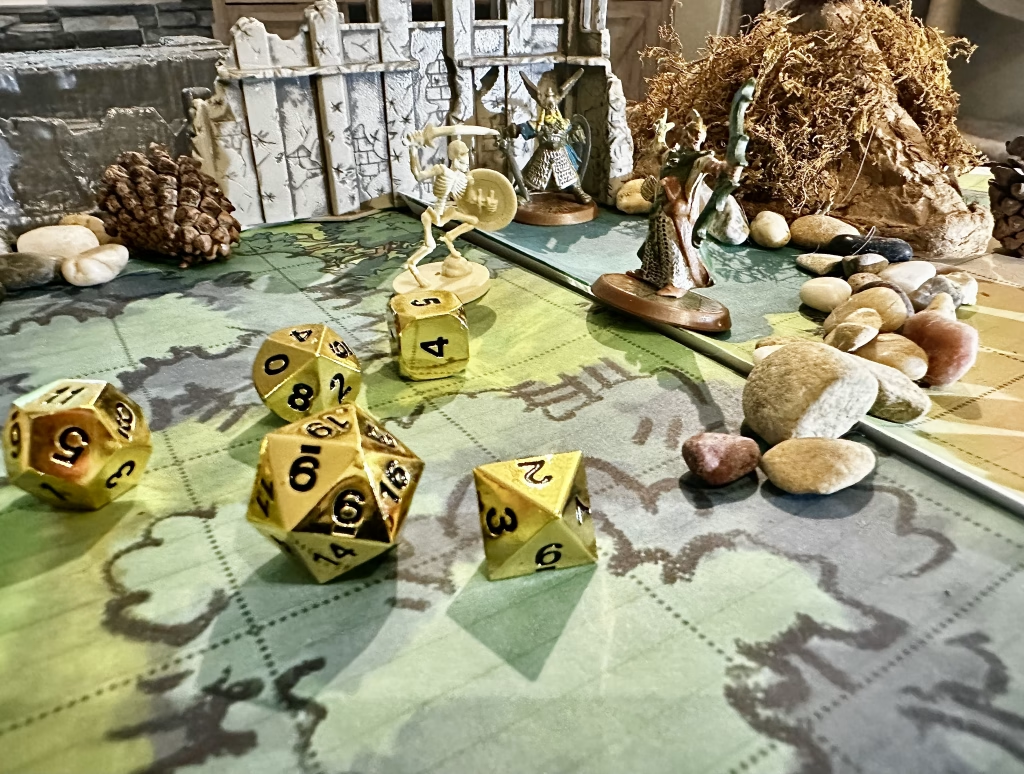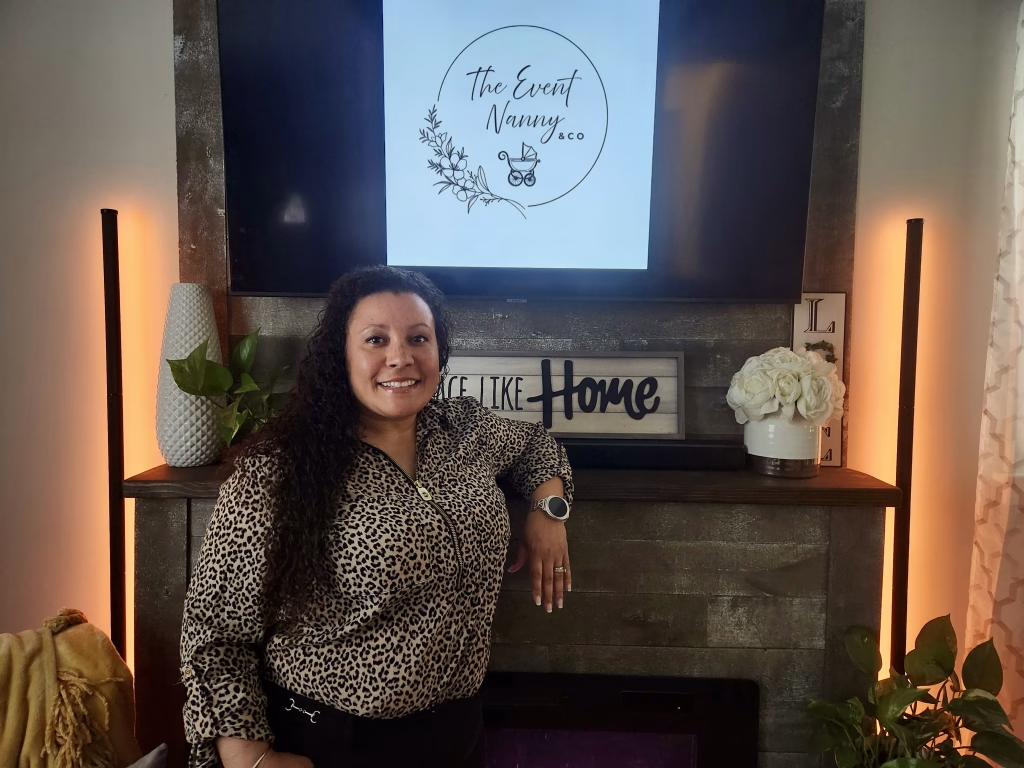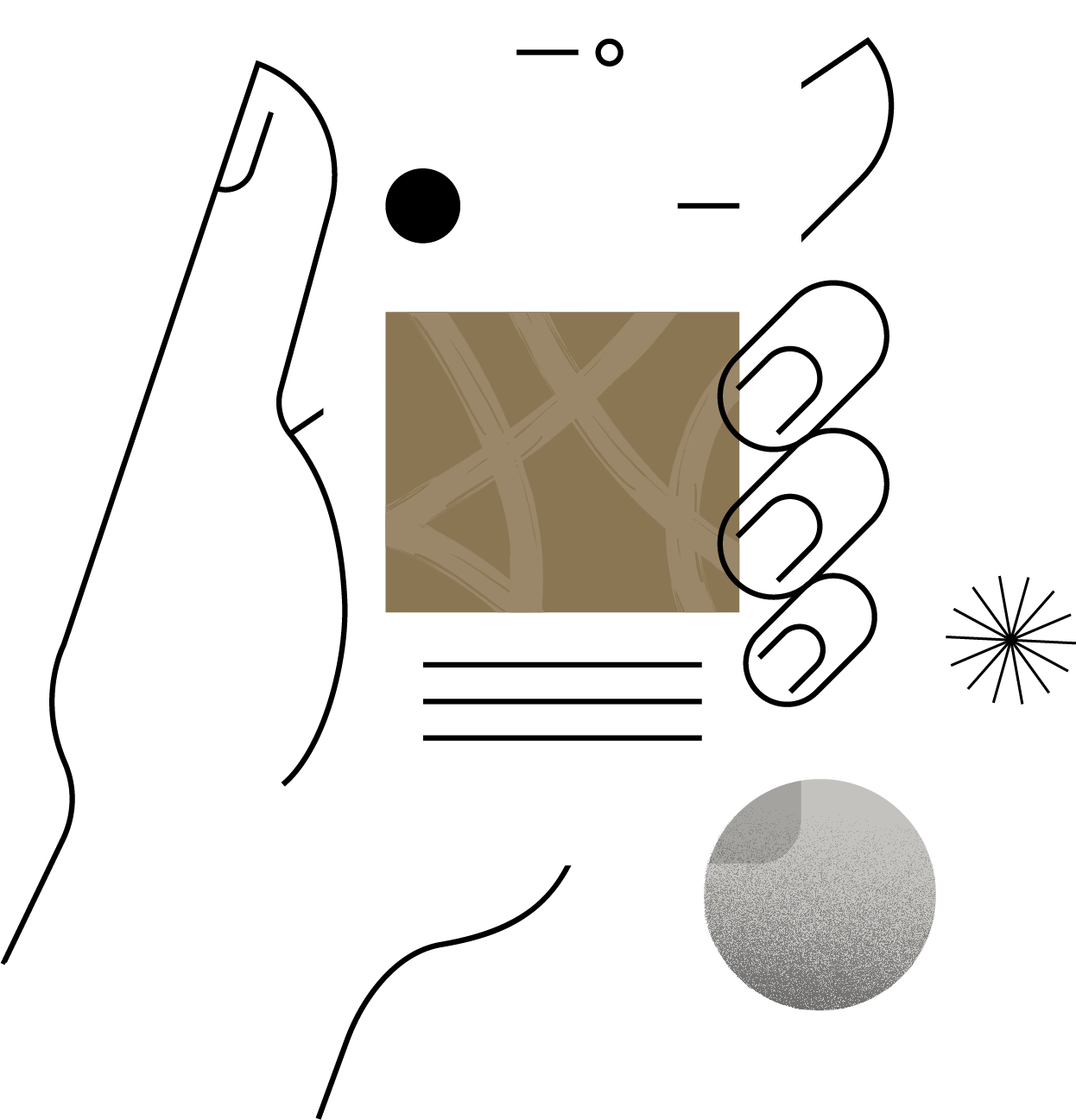Local Services
Therapeutic Tabletop Role Playing Games are an innovative way for clients to reach their therapy goals
Hugh S. Smith, Ph.D. & Associates, P.C. is an evidence-backed, strengths-based practice that is pioneering this new model in the Lancaster area.

Hugh S. Smith, Ph.D. & Associates, P.C. (HSSA) was created in 1998 to meet the growing demand for psychological services in the Lancaster area. For nearly three decades, their growing team of Licensed Psychologists, Psychological Evaluators, and Therapists have continued to expand their offerings and introduce innovative group therapies.
“Our practice is rooted in evidence-backed approaches with a strengths-based focus, where we specialize in evaluations as well as individual, family, and group therapies that empower people to really use their own strengths,” shared Hugh S. Smith, Ph.D., founder of the practice.

As research surrounding mental health and psychological practices has paved the way for deeper understanding, HSSA has remained committed to introduce new modalities to better serve the community.
One of these unique offerings is their Therapeutic Tabletop Role Playing Game (TTRPG) groups. TTRPG uses the model of popular role-playing games to engage clients in interactive therapy where strategic campaigns allow them to pursue their therapeutic goals in a less vulnerable environment.
Certified staff serve as Game Masters, who know the individual needs of the collective group of six to eight players, and tailor each session and game play time to integrate situations that will challenge players to meet those goals.

Brianna McGrath-Mahrer, M.A., is a Predoctoral Clinical Psychology Trainee and serves as one of HSSA’s Game Masters. She shared how players set their goals—each of them comes in for what they call “session zero” to discuss ways they want to grow. Brianna and other Game Masters then set up situations to encourage that growth in the game.
“For example, if a player has shared that they struggle to advocate for themselves, we may set up a scenario for their character to do that in the game,” she explained. “Some of our clients find it easier to do those harder things when it’s their character doing them.”
Many of the clients who thrive in TTRPG groups are on the autism spectrum who have struggled to find connection among their peers. Since the groups are age-based, players forge connection over a shared interest and in an environment that’s not as intimidating as traditional group therapy may be for some individuals.
“Several of our clients have played role-playing games before, but this allows them to also meet their needs and grow as individuals,” Brianna add. “When a lot of them have felt very isolated and misunderstood, these groups show them there are other people out there who share interests but maybe have different challenges too. The clients really learn from each other, but in a space that’s safe, fun, and engaging.”
Jessica Port, Psy.D., LPC, CCTP, is an advocate for innovation at HSSA. As these more nontraditional methods are becoming more common, she was one of the first staff members to get certified in this modality by Geek Therapeutics three years ago.

“The goal of TTRPG is that players can kind of translate this into their real life,” she said. “The more we train them in a safe environment of how to manage their anxieties or depression or advocate for themselves and confront someone in a healthy way, the more likely they’re going to be able to utilize that in their day-to-day life.”

HSSA is one of the pioneers for TTRPG in Central Pennsylvania. Their team encourages adults and parents who are interested in learning about how it could help them or their child to contact their office for more information.
Want to discover more local? Follow Fig on Facebook and Instagram for inspiration.



